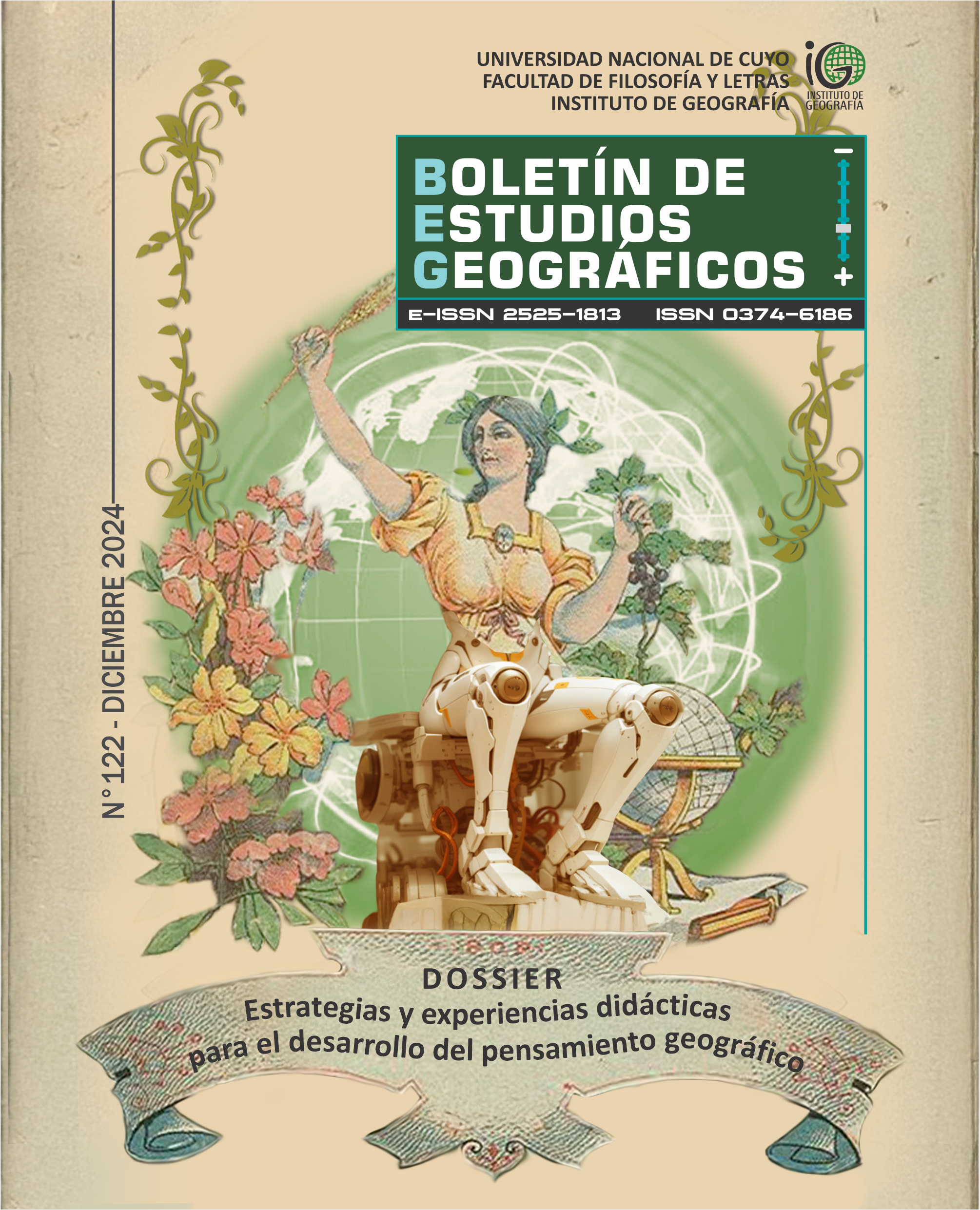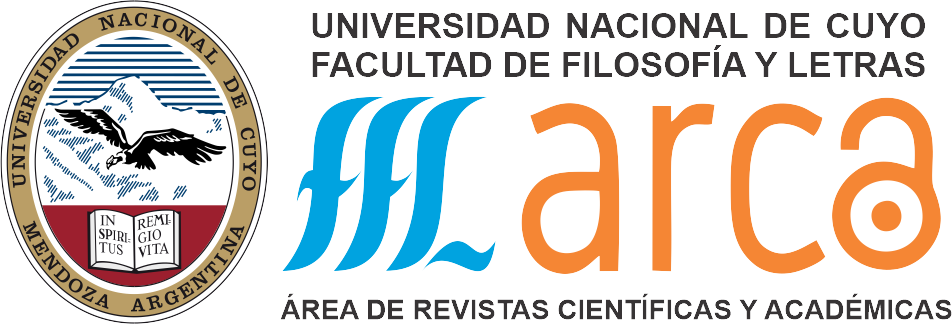Analysis of Padlet in the Educational Process of Geography Under the Blended Learning Modality
DOI:
https://doi.org/10.48162/rev.40.053Keywords:
ICT, blended learning, Padlet, teaching, geographyAbstract
The general objective of this mixed research is to analyze the use of the Padlet virtual wall in the educational process of Geography under the blended learning modality. The sample is made up of 46 students from a public high school located in Mexico City. In the blended learning modality, the teacher of the Geography 2 course organized the “Importance of responsible consumption” Unit 2 through Padlet with the purpose of consulting the contents and submitting the tasks. The results indicate that the creation of virtual spaces for teaching in Padlet positively influences the participation and communication. Likewise, the decision tree algorithm identified 2 predictive models on this technological tool considering sex and age. In conclusion, virtual walls and the blended learning modality represent a pedagogical and technological alternative capable of innovating the teaching-learning process about geography.
References
Arouri, Y. M., Hamaidi, D. A., Al-Kaabi, A. F., Al Attiyah, A. A. y ElKhouly, M. M. (2023). Undergraduate Students’ Perceptions on the Use of Padlet as an Educational Tool for an Academic Engagement: Qualitative Study. International Journal of Emerging Technologies in Learning, 18(10), 86-106. https://doi.org/10.3991/ijet.v18i10.38771
Ates-Cobanoglu, A. (2020). From Ubiquitous to Ubiquitous Blended Learning Environments. En G. Durak y S. Çankaya (Eds.), Managing and Designing Online Courses in Ubiquitous Learning Environments (pp. 215-232). IGI Global. https://doi.org/10.4018/978-1-5225-9779-7.ch011
Beltrán-Martín, I. (2022). Una propuesta de aprendizaje cooperativo basada en el uso de Padlet. Revista Tecnología, Ciencia Educación, (22), 7-38. https://doi.org/10.51302/tce.2022.654
Bulunmaz, B. y Bilge, R. (2024). A research on the efficiency of distance education in universities during the pandemic. Turkish Online Journal of Distance Education, 25(2), 174-190. https://doi.org/10.17718/tojde.1330509
Ccoa, O. (2024). Padlet: una alternativa para mejorar la comprensión lectora. Technological Innovations Journal, 2(1), 7-21. https://doi.org/10.35622/j.ti.2023.01.001
El-Bedewy, S., Lavicza, Z., Sabitzer, B., Houghton, T. y Nurhasanah, F. (2024). Exploring transdisciplinary, technology-assisted, and architectural modelling STEAM practices through a cultural lens. European Journal of Science and Mathematics Education, 12(2), 211-235. https://doi.org/10.30935/scimath/14304
Giler-Loor, D., Zambrano-Mendoza, G., Velásquez-Saldarriaga, A. y Vera-Moreira, M. (2020). Padlet como herramienta interactiva para estimular las estructuras mentales en el fortalecimiento del aprendizaje. Dominio De Las Ciencias, 6(3), 1322-1351. https://dominiodelasciencias.com/ojs/index.php/es/article/view/1376
Guzel, Z. T. (2024). An evaluation of personalized learning by online informal education in case of design education. Turkish Online Journal of Distance Education, 25(2), 246-262. https://doi.org/10.17718/tojde.1242199
Herrera-Urizar, G., Blanco-Navarro, M., Lozano-Mulet, P. y Neut-Aguayo, P. (2024). ¿Interés Comercial o Pedagógico? Las Plataformas Educativas de las Big Tech y el Libre Desarrollo de la Infancia. Revista Iberoamericana Sobre Calidad, Eficacia Y Cambio En Educación, 22(2), 67-84. https://doi.org/10.15366/reice2024.22.2.004
Hossain, M. M. (2023). Using educational technologies (Padlet) for student engagement – reflection from the Australian classroom. International Journal of Information and Learning Technology, 40(5), 541-547. https://doi.org/10.1108/IJILT-04-2022-0094
Hu, K. y Raman, A. (2024). Systematic literature review on the holistic integration of e-learning in universities: Policy, human, financial, and technical perspectives. Contemporary Educational Technology, 16(2), ep497. https://doi.org/10.30935/cedtech/14287
Ishmuradova, I. I., Chistyakov, A. A., Chudnovskiy, A. D., Grib, E. V., Kondrashev, S. V. y Zhdanov, S. P. (2024). A cross-database bibliometrics analysis of blended learning in higher education: Trends and capabilities. Contemporary Educational Technology, 16(2), ep508. https://doi.org/10.30935/cedtech/14478
Khan, A., Zeb, I., Zhang, Y. y Tahir, A. (2023). Impact of emerging technologies on cognitive development: the mediating role of digital social support among higher education students. International Journal of Educational Research and Innovation, 20, 1-15. https://doi.org/10.46661/ijeri.8362
Liman-Kaban, A., Yataganbaba, E., Ates-Cobanoglu, A., Kokoc, M. (2024). Teachers’ readiness for blended learning, their reasons, challenges, and suggestions for practising blended learning. Turkish Online Journal of Distance Education, 25(2), 157-173. https://doi.org/10.17718/tojde.1210124
Lobo, J. (2023). Students’ acceptance of google classroom as an effective pedagogical tool for Physical Education. International Journal of Educational Research and Innovation, (20), 1-15. https://doi.org/10.46661/ijeri.7535
Morari, V., Palmer, C., Carroll, C., Manning, D. y O’Rourke, S. (2024). Exploring the use and impact of online digital resources in a mathematics module. European Journal of Science and Mathematics Education, 12(3), 335-355. https://doi.org/10.30935/scimath/14605
Naamati-Schneider, L. y Alt, D. (2023). Online collaborative Padlet-mediated learning in health management studies. Frontiers in Psychology, 14, 1-10. https://doi.org/10.3389/fpsyg.2023.1157621
Rivera-Vargas, P., Calderón-Garrido, D., Moreno-González, A. y Massó-Guijarro, B. (2024). Percepciones de las Familias sobre el Uso de Plataformas Digitales Comerciales en las Escuelas Públicas: Un Estudio sobre la Confianza y la Privacidad Digital. Revista Iberoamericana Sobre Calidad, Eficacia Y Cambio En Educación, 22(2), 85-99. https://doi.org/10.15366/reice2024.22.2.005
Salas-Rueda, R. A. (2024). Análisis sobre las plataformas LMS considerando el deep learning y random forest. Revista Fuentes, 26(2), 134-146. https://doi.org/10.12795/revistafuentes.2024.24123
Salas-Rueda, R. A. y Alvarado-Zamorano, C. (2024). Teachers’ perceptions about the use of learning management systems during the covid-19 pandemic considering data science. Turkish Online Journal of Distance Education, 25(1), 260-272. https://doi.org/10.17718/tojde.1090350
Sevilla-Rodríguez, M. y Castro-Salazar, A. (2021). Padlet como estrategia de enseñanza colaborativa en el proceso de aprendizaje. Cienciamatria, 7(13), 173-192. https://doi.org/10.35381/cm.v7i13.478
Syafruddin, A. B., Widarti, H. R. y Rokhim, D. A. (2024). Development of instagram-based learning media to increase students learning interest in acid-base materials. Turkish Online Journal of Distance Education, 25(2), 228-245. https://doi.org/10.17718/tojde.1312770
Varlik, S. (2024). Proficiency of teachers’ perceptions of distance education and technology usage competencies: a meta-analysis study. Turkish Online Journal of Distance Education, 25(2), 1-20. https://doi.org/10.17718/tojde.1267729
Downloads
Published
How to Cite
Issue
Section
License

This work is licensed under a Creative Commons Attribution-NonCommercial 4.0 International License.



























